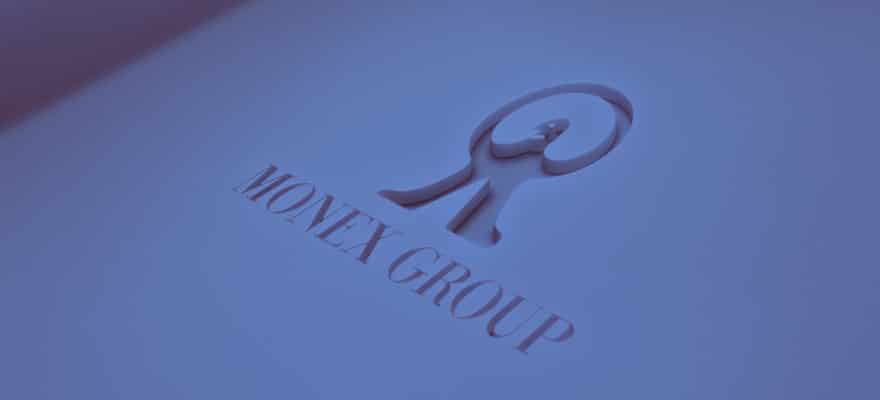Tokyo-based global financial broker, Monex, has just released its latest Global Retail Investor survey. Data reveals that the forecast for stock markets among retail investors was much worse than in the previous survey, declining in all three regions surveyed - Japan, the U.S. and China (Hong Kong) - for the first time since December 2011. Global stock price declines since the beginning of the year are believed to have caused this deterioration in the sentiment of retail investors.
U.S. Economy Expectations High
As in the previous survey, retail investors in all three regions answered that the U.S. had the greatest likelihood of stock appreciation in the coming three months. Retail investors’ expectations about the U.S., whose economy seems to be relatively solid among major countries, remained high.
The latest survey also focused on the impact of the outcome of the U.S. presidential election on investment attitudes. The results highlighted that while a high percentage of U.S. retail investors would become bullish if a Republican candidate was elected, a high percentage would become bearish in the event of a Democratic candidate being elected.
When asked what impact the election of a Republican or Democratic candidate as U.S. president would have on their investment decisions, the majority responded that both scenarios were unlikely to have an impact. It was interesting to note, however, that the percentage of U.S. retail investors who would become bullish if a Republican candidate became president and the percentage who would become bearish if a Democratic candidate became president were both high, exceeding 30%.
Rate Hike and Presidential Elections Under The Spotlight
In terms of the timing of the Federal Reserve’s next rate hike, most retail investors in Japan expected this to be between July and September 2016 whereas most investors in the U.S. answered 2017 or later. In China, most respondents anticipated October to December 2016. In all three regions, March 2016 was the lowest ranking response with the majority of participants anticipating that the Federal Open Market Committee (FOMC) will postpone a rate hike at its meeting in March.
Respondents were also questioned about the likelihood of the U.S. economy slipping into a recession in 2016. Results showed that, whereas retail investors in Japan and China estimate that a recession is unlikely, around 70% of U.S. retail investors estimate that a recession is likely.
Japanese Investors Expect Further Easing
Turning to the outlook of Japanese retail investors for the stock markets in Japan, the U.S. and China in the coming three months, the DIs for Japanese and U.S. stocks remained almost unchanged from the previous survey while the DI for Chinese stocks rose. After bottoming out in mid-February, stock prices rose gradually worldwide but this does not appear to have had any major impact on the sentiment of investors with regard to Japanese and U.S. stocks. The rise in the DI for Chinese stocks suggests that pessimism about Chinese stocks abated slightly.
Finally, when asked about the implementation of additional monetary easing measures in Japan, the highest percentage of retail investors believe that the Bank of Japan will introduce further measures in April to June 2016. This is on the assumption that since the introduction of a negative interest rate policy was announced at the end of January, the yen has grown stronger than before the announcement.
Monex has been surveying retail investors about their attitude to the financial market conditions on a monthly basis. The twentieth Monex Global Retail Survey was conducted from February 24 to March 7, 2016.


















